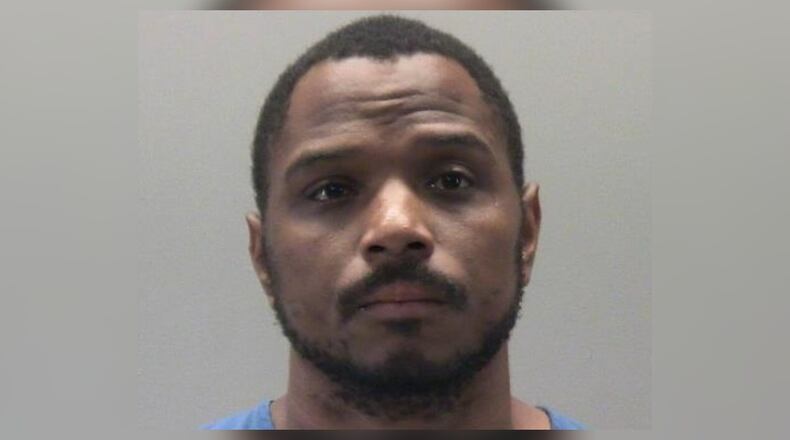Gause was indicted in June in connection to the shooting death of Jayven Kilgore in May.
“During the early morning hours of Friday, May 29, 2020, Dayton police were dispatched to a residence on Manhattan Avenue on a report of a shooting,” the Montgomery County Prosecutor’s Office said at the time of the indictment. “Upon arrival, they located the deceased victim … who had been shot once.”
Witnesses told police that an altercation had taken place between them when the victim tried to run away, and Gause fired multiple shots and killed Kilgore, the prosecutor’s office said.
Gause is facing charges of murder, felonious assault, discharging of a firearm on or near prohibited premises and tampering with evidence. He is currently incarcerated at the Montgomery County Jail on $1 million bond.
This isn’t the first time coronavirus has interfered with the local justice system. Multiple high-profile murder cases have been postponed due to the pandemic and Montgomery County Common Pleas Court is operating under an order that says jury trials should not be held if possible. Masks and social distancing are now required in the courthouse, and many dockets and hearings are held via telephone or videoconference.
The continuance requests filed in the Gause case come a couple of weeks after Judge Mary Huffman overruled a motion to suppress evidence in the case. Huffman said the defense argued that Gause’s Miranda rights were violated during an interrogation. The judge ruled that Gause waived his rights voluntarily when he spoke with police, and he also provided A DNA sample and the passcode to his cellphone.
“After considering the record and the totality of the circumstances, the court finds that the State of Ohio has proven by clear and convincing evidence that Gause voluntarily consented to provide a DNA swab and consented to the search of his cellphone, as well as providing the passcode,” the judge said in her ruling. “There is no evidence that Gause’s consent was the product of duress or coercion, nor of any threats or force, nor that Gause granted consent only in submission to a claim of lawful authority. Therefore, there was no violation of Gause’s Fourth Amendment rights in obtaining the DNA swab or in his consent to the search of his phone and providing his passcode for the phone.”
Follow this account on Twitter for news and developments from the Dayton crime and court beat. I cover the federal and local court system as well as law enforcement for the Dayton Daily News.
— Parker Perry (@ParkerPerry_DDN) January 14, 2021
About the Author


